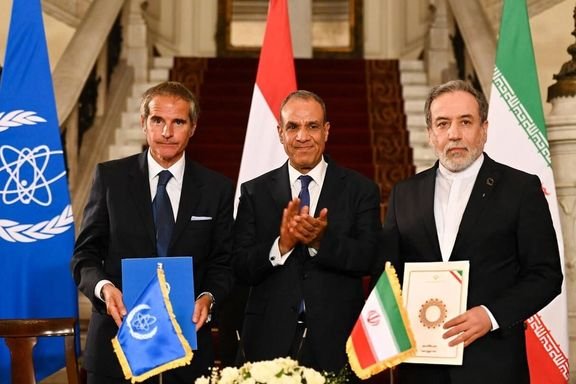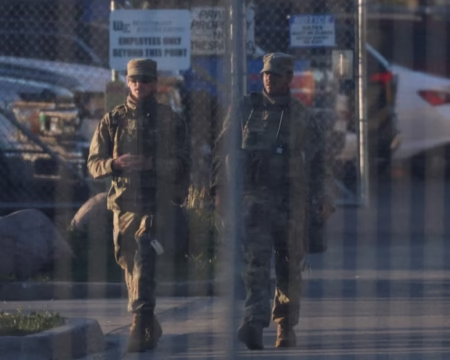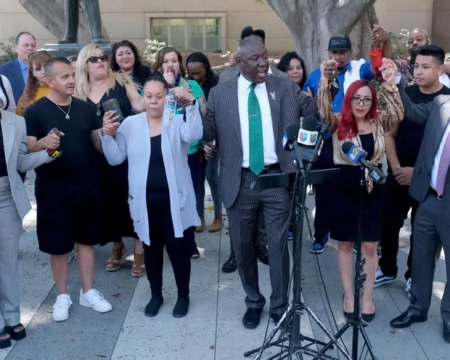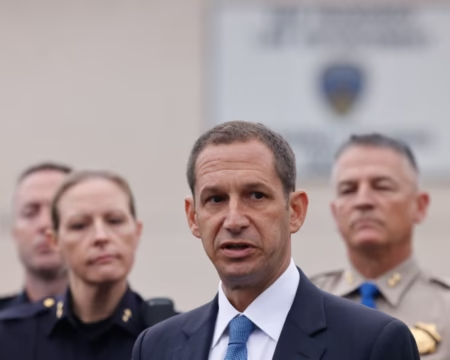Iran’s parliament convened an emergency session on Saturday to review the government’s new cooperation agreement with the International Atomic Energy Agency (IAEA), intensifying a political clash in Tehran over the country’s nuclear future. The meeting, called by the National Security and Foreign Policy Commission, brought together Foreign Minister Abbas Araghchi and senior lawmakers who demanded explanations on how the deal aligns with existing legislation that suspended cooperation with the agency after June’s conflict with Israel.
More than sixty lawmakers backed the request for the special session, citing concerns that the government was bypassing parliament while the legislature remained in recess until late September. Conservative MP Hamed Yazdian, who initiated the push, said the session was necessary to evaluate “the extent of conformity of the Cairo agreement with the law passed by parliament.” The urgency reflects growing fears among hardline members that the deal signed in Cairo could erode Iran’s sovereignty and expose it to new international pressure.
Criticism of the agreement was immediate and fierce. Lawmaker Javad Hosseini-Kia launched a direct attack on IAEA Director General Rafael Grossi, calling him “a Mossad agent” and suggesting he should be detained if he entered Iran. Another MP, Mohammadreza Mohseni-Sani, declared that international inspectors had “no right” to enter the country until nuclear sites damaged during recent conflicts were fully restored. He also warned that if sanctions are reinstated under the UN “snapback” mechanism, parliament may push for Iran’s withdrawal from the Nuclear Non-Proliferation Treaty (NPT).
Others in parliament echoed these hardline stances, with some urging that Iran abandon restrictions on its nuclear program altogether. Ahmad Bakhshayesh argued that Tehran should stop limiting itself to peaceful nuclear activities, while Mahmoud Nabavian labeled the Cairo accord a “cursed agreement.” These voices underscore deepening divisions in Iran’s political establishment at a moment when external pressure is mounting.
Despite the criticism, the government has defended its approach. Foreign Minister Araghchi insisted the Cairo agreement safeguards Iran’s national interests and complies with existing law suspending broad cooperation with the IAEA. He stressed that the accord acknowledges Tehran’s security concerns, guarantees Iran’s rights, and does not allow inspector access at this stage. According to Araghchi, any monitoring would only be discussed later with approval from the Supreme National Security Council. Former nuclear chief Ali Akbar Salehi also described the agreement as a “positive” step, though he cautioned that the window for diplomacy was rapidly closing.
The dispute comes at a sensitive time for Iran’s foreign relations. France, Germany, and Britain have already triggered the UN “snapback” mechanism, raising the possibility that sanctions suspended under the 2015 nuclear deal could be reimposed by the end of September. One of their key conditions for halting the process is renewed IAEA access to Iranian facilities, a demand that has also been emphasized by the United States and European Union. The standoff places Tehran in a precarious position, as rejecting international oversight risks deepening isolation, while concessions could fuel backlash at home from hardline factions.
Parliament’s decision to convene Saturday’s emergency session reflects both the intensity of the internal debate and the high stakes of the coming weeks. Iran’s leadership must navigate pressure from Western powers while managing sharp divisions within its own political establishment, where accusations of betrayal and warnings of collapse are becoming increasingly common. The outcome of this struggle will shape whether Tehran doubles down on confrontation or seeks a path back to negotiations.
As lawmakers clashed over the Cairo deal, the underlying issue remained unresolved: whether Iran will continue to prioritize defiance in the face of Western demands or find a way to keep diplomacy alive before the looming snapback deadline forces sanctions back into place.







